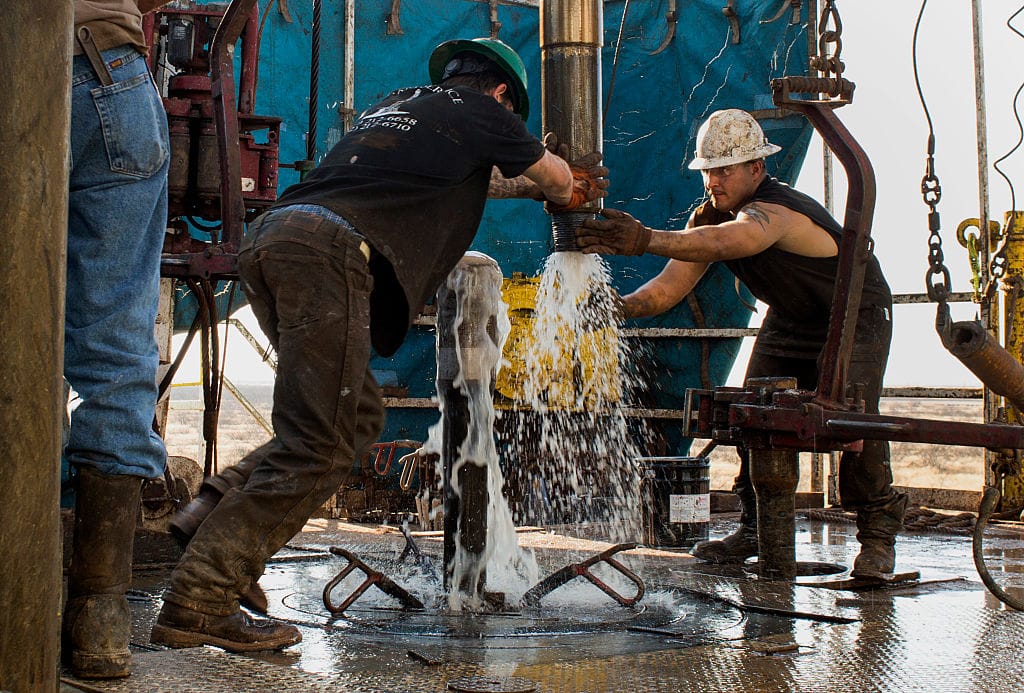This country’s heaviest polluters also rely on a workforce that disproportionately fails to fill good-paying jobs with people of color who are more likely to be affected by their emissions, according to a new study.
The research, from Tulane University’s Environmental Law Clinic — currently under peer review — finds that people of color are underrepresented in high-paying jobs in both the chemical manufacturing and petroleum/coal industry.
And Louisiana, with one of the largest concentrations of petrochemical facilities in the United States, is the only state where minorities were underrepresented in low-paying and high-paying jobs in both industries.
For advocates there, this new report is proof that the good jobs are going to white people while much of the toxic emissions and health risks are being endured by people living in the surrounding communities, which tend to be low-income or predominantly minority.
“The pollution versus jobs narrative is really oversimplified because the trade off affects different groups unevenly,” said Kimberly Terrell, director of community engagement and a staff scientist with the Tulane law clinic who led the research team. “Petrochemical jobs that mostly go to white workers can’t offset the harm of petrochemical pollution that mostly occurs in Black and Hispanic neighborhoods.”
The research showed that people of color were generally underrepresented in high-paying jobs in both the chemical manufacturing sector and petroleum/coal industry and often were over-represented in low-paying jobs in the chemical industry, with results “mixed” for the same category on the petroleum side.
In another recently released report, researchers described a situation in Louisiana’s Plaquemines Parish in which local residents of color were unable to take advantage of construction jobs at a terminal that exports methane, also known as liquefied natural gas.
The Mississippi River ferry connecting the plant to the community did not run early enough to get the employees to work by 5 a.m., as required. And prospective workers — many without reliable transportation — had to attend weeks of training in New Orleans 55 miles away, according to researchers from Texas Southern University and the University of Montana.
Nationally, higher paying jobs in the chemical manufacturing industry disproportionately went to more white people in Texas, Louisiana and Georgia, where minorities represent 59%, 41% and 49% of their respective states’ populations but held 38%, 21% and 28% of the better-paid jobs within the industry.
In the petroleum/coal industry, people of color were underrepresented in higher-paying jobs in at least 14 states — including Texas, California, Louisiana, Ohio, Pennsylvania and Illinois.
Ashley Shelton, founder and chief executive officer of statewide lobbying nonprofit The Power Coalition for Equity and Justice, praised the study for proving what she and most Louisiana advocates have known for quite some time. Shelton said state leaders, and others across the country, are “selling out” fenceline communities to the petrochemical industry.
“We have to stop pretending oil and gas, which in Louisiana we are great defenders of, is gonna save us because they’re not and they never were and aren’t trying to,” Shelton said, noting that Louisiana is last in many quality-of-life indicators. “We are winning the race to the bottom.”

